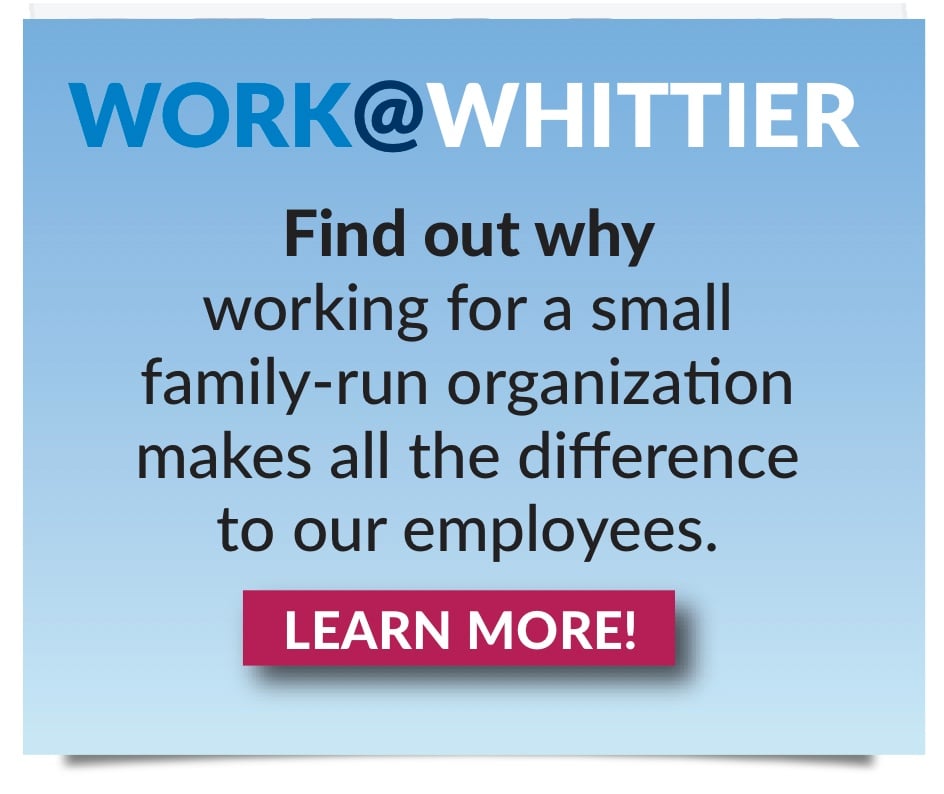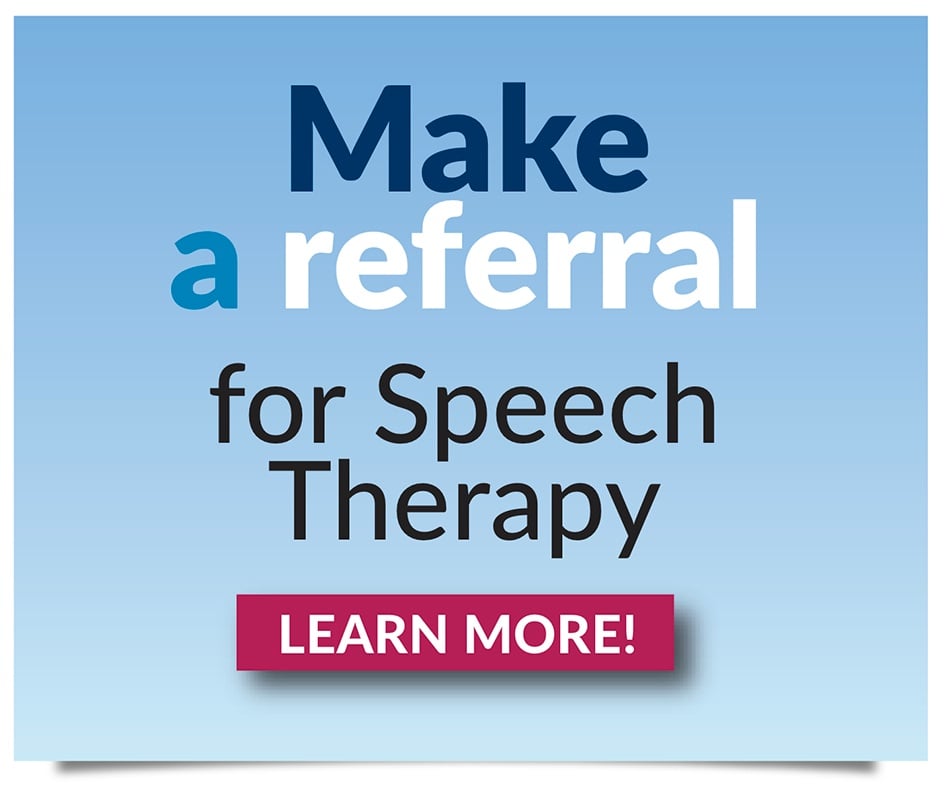Nurses at Whittier Rehabilitation Hospital-Bradford are driving high-level initiatives using evidence in a shared governance model to improve patient outcomes
Adopted by many organizations such as Cleveland Clinic and Eisenhower Health, the shared governance model is still relatively new to both nursing and Whittier. In January 2023, Whittier Rehabilitation Hospital-Bradford implemented the Unit-Based Council – an organizational structure that gives our nurses a voice in identifying opportunities for improvement in their units. It was adopted by Heather Grondin, BSN, CCM, Director of Nursing Services, and facilitated by Brittany Lomanno, BSN, RN, Clinical Educator. About 15 nurses and certified nursing assistants regularly attend a monthly council meeting to determine goals and priorities, and to make decisions and recommendations affecting nursing practice and patient care at Whittier.
The purpose of the Unit-Based Council
Brittany Lomanno says:
“The purpose of these council meetings is for nurses to feel that they are able to use their clinical experience and to feel empowered to make decisions about how they want to practice. They become empowered when they know they have a say in how to make decisions – it is from the ground up as opposed to from the top down. That process instills a bit more passion in them to effect change. Whenever anybody is passionate about anything, the better the clinical outcomes!”
Heather Grondin adds:
“We are consulting with the experts – our nurses – to improve outcomes. Heather Grondin, Director of Nursing Services, is not the expert on how to give medications or treatments to a patient that will improve their outcomes. Giving medication is not just going in and handing out pills and walking out. So much more is happening in that patient interaction, and only the bedside nurse knows what that ‘so much more’ is. In connecting with the patient’s family. I don’t want the act of my giving medications to distract me from understanding what that patient’s unique needs are that day. If you look at a list of tasks that nurses do, it really only tells 25% of the story because the nurse is never doing just one thing at a time. So we are allowing the nurses to be the experts that they are, and we are listening to them.”
How the council meetings identify and achieve goals
Nursing leadership does not attend these meetings. This is so the nurses can talk freely without those who are involved with their evaluations present. The Director of Nursing attends meetings only when invited. Heather Grondin was invited to a past meeting because the team had identified a goal: they wanted to improve their ability to do real-time documentation at the bedside in order to have more time to spend with their patients. Once they decided on their goal, the next step was how to prove it. According to the goal of a unit-based council, it can’t be an opinion, it has to be evidence-based: what does the research say?
Heather says:
“They did a review of the literature and they chose the three best research articles from varying environments. They also looked at the sample size, the sample environment, etc. They did a true review of the literature and said these three best represent us and Whittier Rehabilitation Hospital. They gave us three options for solutions with varying price tags associated with them and their preferred solutions ranked from 1 to 3.”
Heather presented those options to the executive leadership team, and also to Whittier Rehabilitation Hospital-Westborough, and that started an initiative. From the results of the nurses’ recommendations, Whittier has started a process improvement with Westborough and it will be organization-wide. Everyone agrees they want vital signs automatically uploaded into the EMR.
Heather says:
“This is a bottom-up directive. Their recommendations are being evaluated organization-wide between IT, HR, DON, administration, and executive leadership. We are now working on a process improvement to purchase computers in rooms – or maybe tablets on vital signs machines – these are the recommendations of the council team, not ours. Or maybe we do Chromebooks attached to rolling carts so the nurses’ aides and the nurses can all document in the patient’s room in real time. So that’s where we are now.”
Adds Brittany:
“So we are just being a resource, and I’m the facilitator. I’ll provide the resources after we get approval, and I’ll help make that happen. But really the decision-making and the project improvements are the nurses’ decision, which is really cool. We are listening to the nurses. Really the decision-making is their decision!”
What our team members have to say
Lisa McCormick, RN:
“The unit-based practice committee has provided us with an avenue to discuss issues that come up on the unit. It is a safe space, meaning that staff is able to voice opinions without concern of retribution or negativity. The unit-based practice meetings have allowed us to brainstorm ideas that can lead to policy changes that better our ability to care for our patients and improve patient safety and patient outcomes.”
Jackie Jean, CNA:
“Having this kind of meeting is very vital to strengthen the work flow and ethics of the unit. Each and every one learns about completing their tasks or roles in an easier, faster, or more effective way by the opinions of other colleagues. And this unit-based committee allows us to understand each other more – why someone is having a problem on a certain routine/task and then talking about how we can deal with it more efficiently. Having it said and applying those clusters of opinions each day, one at a time, marks the workflow smoother and easier. And the meeting helps each employee have that relief that they have been heard. The unit-based practice committee makes a difference each time we have it. It may not be an abrupt change, yet it works. That’s how vital this practice is.”
A year-and-a-half journey that is yielding results
Adopting our Unit-Based Council has been a year-and-a-half journey. From introducing our team to shared governance and educating and re-educating them, to their ability to identify and recommend improvements. Brittany Lomanno was instrumental in teaching and guiding our nursing teams, who have embraced it and are true experts in the delivery of nursing care at the bedside.
Brittany says:
“When I see nurses or aides who regularly attend the meeting, they frequently grab me and say, ‘Hey Brittany, I have a great idea!’ I tell them: “Ok, great! Bring it to the unit-based practice committee,’ and they say, ‘Ok, I’m writing a note on my phone to remind myself what to present.’ People are getting excited about it. It’s a great 30-minute session on a monthly basis in which they can be heard out and go back and forth with their coworkers on whether their ideas will truly work and do we have the resources for it.”
Resources:




